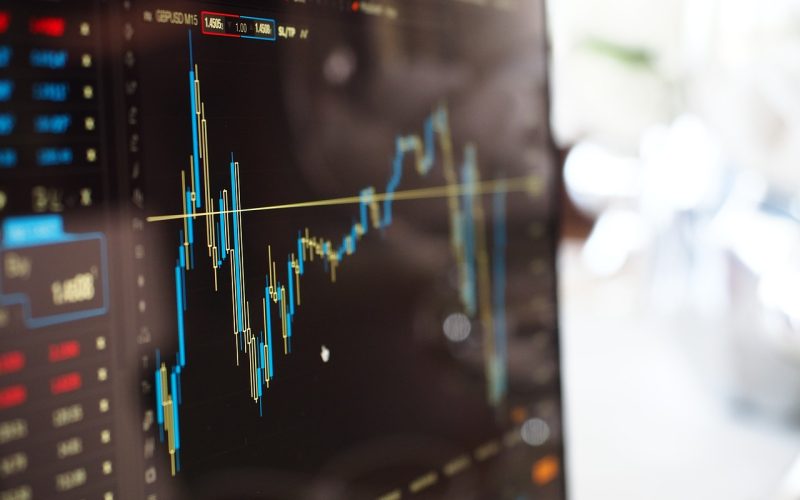Investors have been riding high on the stock market wave, enjoying an unprecedented period of growth and prosperity. But that sweet ride might be coming to an end, as systemic-risk fears are causing widespread panic among investors. The looming doom is so pervasive that experts are predicting that 2023 will mark the year when the miracle ends. In this blog post, we’ll explore what’s behind these fears and how they could impact your portfolio. Get ready for a wild ride!
What is Systemic Risk?
Systemic risk is the risk of a financial system collapse. It is the risk that a large financial institution will fail and take the rest of the financial system down with it. This type of risk is also known as “contagion risk” or “domino effect risk.”
The current panic in the stock market is being caused by systemic-risk fears. Investors are worried that a large financial institution will fail and trigger a domino effect that will take down the entire financial system. This fear is causing them to sell their stocks, which is driving prices down.
Systemic risks are hard to predict and they can come from anywhere in the world. The current panic was started by worries about a Chinese company defaulting on its debt. But it could just as easily have been started by worries about a European bank or an American insurance company.
The best way to protect yourself from systemic risk is to diversify your investments across different asset classes and geographies. That way, if one part of the world goes into a panic, you won’t lose everything.
How Systemic Risk Impacts the Stock Market
Systemic risk is the risk of a financial system collapse. It can be caused by a number of factors, including bank failures, stock market crashes, and sovereign debt crisis.
In recent years, systemic risk has become a major concern for investors and policymakers around the world. The global financial crisis of 2008 was a stark reminder of the potential damage that systemic risk can cause.
Since then, fears of another systemic-risk event have been a major factor driving investment decisions. In 2011, investor concerns about European sovereign debt led to a sharp sell-off in stocks globally.
more recently, fears about China’s economy have roiled global markets. These fears were exacerbated by the Brexit vote in June 2016, which injected further uncertainty into the global economic outlook.
Systemic risk is difficult to predict and manage. But it is clear that it can have a significant impact on the stock market and the economy more broadly. Investors should be aware of the risks that systemic risk poses to their portfolios and take steps to protect themselves from potential losses.
What are the biggest Systemic-Risk Fears for 2023?
The current bull market in stocks is the longest in history, and many market participants are starting to worry about the potential for a sharp correction. The following are some of the biggest systemic-risk fears for 2023:
1) A sudden increase in interest rates: This could cause a sharp decline in stock prices as companies would have to pay more to borrow money.
2) A major global conflict: This could disrupt trade and lead to a decrease in demand for stocks.
3) A major terrorist attack: This could also lead to a decrease in demand for stocks as investors would become risk-averse.
4) A major natural disaster: This could impede economic activity and lead to lower corporate profits, which would eventually weigh on stock prices.
5) An outbreak of a new virus: This could lead to widespread panic and a decrease in global travel, which would negatively impact many industries.
How to Invest in a Post-Systemic-Risk World
In a post-systemic-risk world, investors need to be extra careful about where they put their money. Below are a few tips on how toinvest in this new landscape:
1. Do your homework: Before investing in anything, make sure you do your research and understand the risks involved. There are no guarantees in the stock market, so it’s important to be aware of the potential downside as well as the upside.
2. Diversify: Don’t put all your eggs in one basket. By diversifying your investments, you can mitigate some of the risk inherent in any investment.
3. Be patient: In a post-systemic-risk world, it may take longer for investments to pay off. But if you are patient and invest wisely, your patience will eventually be rewarded.
Conclusion
The end of the 2023 stock market miracle highlights the importance of diversifying investments and understanding systemic risks. The recent market movements demonstrate that while investors should be optimistic about their portfolios, they also need to be mindful of upcoming events and potential shocks that could cause volatility in the markets. With a bit of due diligence, strategic planning, and an eye on global developments, investors can manage their risk and take advantage of future opportunities in the stock market.












